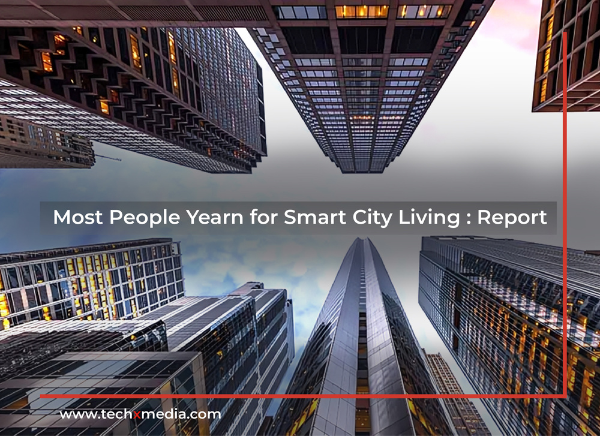
A recent report by Mastercard underscores the importance of human connections and technological advancements in shaping the Cities of the Future. The study, focusing on smart city aspirations and technological progress in the Middle East, reveals that an overwhelming four in five individuals express a preference for living in a smart city. With urbanization trends indicating that two-thirds of the global population will reside in urban areas by 2050, there’s a pressing need to ensure that future cities are secure, sustainable, and inclusive.
The Mastercard Cities of the Future Report unveils compelling insights, particularly in Egypt, where 82% of respondents express a strong desire for smart city living, marking the highest percentage among the surveyed markets. Adam Jones, Country General Manager for MENA Central at Mastercard, emphasizes the company’s commitment to leveraging its expertise, technological solutions, and global network to support the development of future cities. Jones highlights ongoing initiatives in Egypt, ranging from legacy site enhancements to newly built smart city projects, all bolstered by Mastercard’s contributions in cross-sector collaboration, technology deployment, and localized insights.
Among the priorities identified by respondents in Egypt, smart and connected buildings, along with AI-driven services, stand out prominently. The report indicates a general optimism towards technological advancements, although concerns regarding potential job displacement and reduced physical activity are noted, particularly with the prominence of AI and machine learning in shaping future cities.
In terms of anticipated outcomes, the focus in Egypt centers around smart and secure payment networks, alongside modern and efficient transportation systems. Residents express a strong desire for digital access to services and emphasize the importance of robust data privacy measures to enhance their daily urban living experiences.
Crucially, the report underscores the significance of partnerships in driving urban innovation. Mastercard collaborates closely with both public and private sector entities to develop solutions that advance sustainability, digital transformation, urban mobility, and more. Notable collaborations include efforts with the Administrative Capital for Urban Development to establish Egypt’s first cashless city and ongoing support for card tokenization regulations in partnership with the Central Bank of Egypt and the Egyptian Banks Company, paving the way for seamless and secure digital payment transactions nationwide.